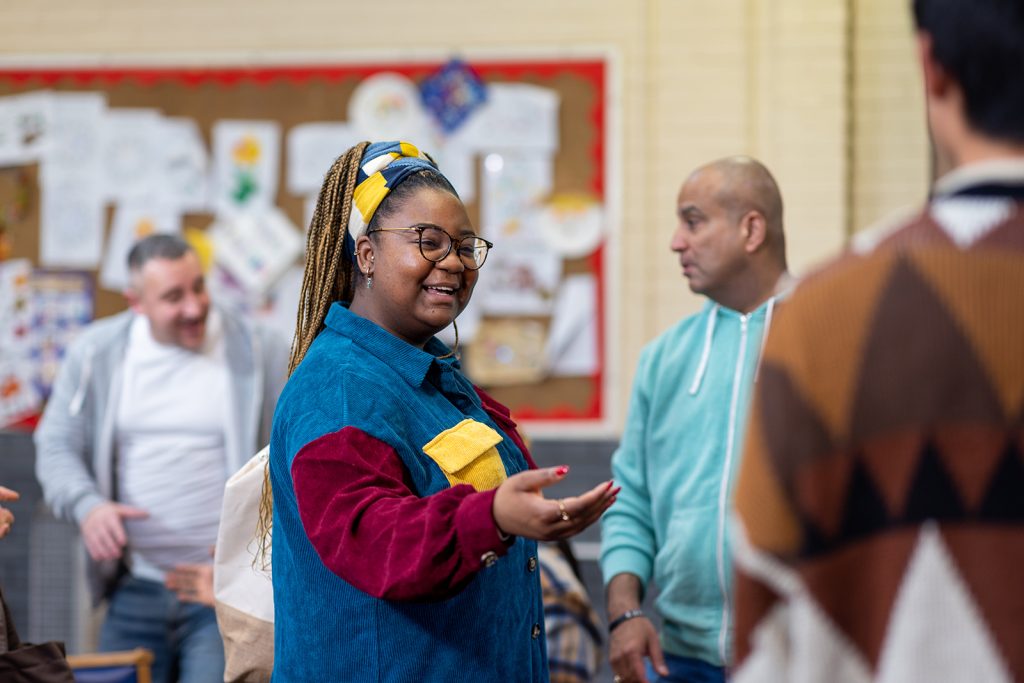In the quest for medical advancements, clinical trials stand as the backbone, promising new treatments and cures. Yet, the path to innovation is laden with ethical dilemmas, particularly when it comes to diversity in clinical trial recruitment. It’s not just about filling quotas; it’s about ensuring that advancements benefit all of humanity, respecting every participant, and navigating cultural complexities with sensitivity. Let’s explore how we can uphold these ethical standards, ensuring that our journey towards medical breakthroughs is both just and inclusive.
The imperative of avoiding exploitation
First and foremost, participation in clinical trials must always be a voluntary decision, free from any form of coercion or manipulation. Historically, certain groups have been overrepresented in clinical trials not for the sake of diversity but due to vulnerability and exploitation. Ensuring ethical recruitment means providing clear, comprehensive information about the clinical trial’s purpose, procedures, risks, and benefits, allowing participants to make informed decisions. It’s about respect and dignity, ensuring no one feels they’re merely a means to an end.
Guaranteeing equitable access to clinical trials
Diversity in clinical trials is not just an ethical imperative; it’s a scientific necessity. Different populations may respond differently to treatments, making diverse representation critical for the universal applicability of findings. However, ensuring diversity also means tackling the systemic barriers preventing equitable clinical trial access. Language barriers, socioeconomic factors, and historical mistrust of the medical system all play a role. By addressing these challenges head-on—whether through community outreach, providing transportation and childcare, or ensuring clinical trial sites are in diverse locations—we can start to dismantle the obstacles to equitable participation.
Respecting cultural sensitivities
Understanding and respecting cultural differences is paramount in ethical clinical trial recruitment. This goes beyond just providing information in different languages. It’s about cultural competence—recognising and honouring participants’ beliefs, practices, and social customs. This may mean adjusting recruitment strategies or protocols to be more inclusive and respectful of cultural norms. It’s a dialogue, not a monologue, requiring sponsors to listen to and learn from the communities they wish to engage.

Building trust through transparency and engagement
Trust is the cornerstone of ethical clinical trial recruitment. Building this trust requires transparency about the clinical trial’s aims, risks, and benefits, as well as sustained engagement with communities. This isn’t a one-time effort but an ongoing commitment to listening, responding, and adapting based on community feedback. Creative engagement strategies—such as partnering with local organisations, utilising social media for awareness, and holding informational sessions in community spaces—can bridge the gap between sponsors and communities, fostering a sense of partnership and mutual respect.
Creative engagement: Beyond the norm
Innovative engagement approaches can further enhance trust and participation. Virtual reality experiences that simulate clinical trial participation, gamified information apps, and storytelling through local art and media can demystify the clinical trial process and make it more relatable. These methods not only inform but also empower communities, making them active participants in the journey towards medical advancement. Imagine walking into a community centre and being greeted not by leaflets and posters about a clinical trial but by a vibrant mural depicting community members as heroes in the journey of medical advancement. This mural, created by local artists, tells a story of hope, resilience, and collective effort. It’s a conversation starter, an educational tool, and a beacon of empowerment all at once. Whether murals, sculptures, or public installations, local art serves as a powerful medium to convey the significance and impact of clinical trials. It transcends language barriers and literacy levels, reaching people on an emotional level. Art can express the complexities of medical research through a universal language, making the concept of clinical trials more approachable and understandable.
These methods not only inform but also empower communities, making them active participants in the journey towards medical advancement.
The road ahead
The ethical recruitment of diverse populations into clinical trials is a journey filled with challenges, yet it is undoubtedly a path worth taking. By committing to principles of non-exploitation, equitable access, cultural respect, and trust-building, we can ensure that clinical trials are scientifically robust and ethically sound. It’s a collective effort requiring the involvement of researchers, participants, and the wider community. Still, together, we can pave the way for a future where medical advancements benefit all of humanity equally.
